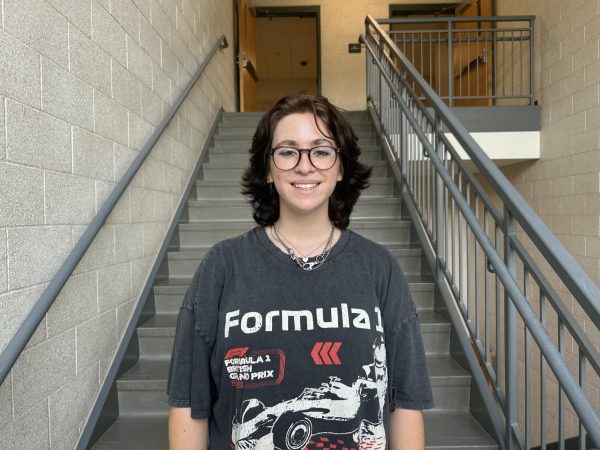The riveting Netflix mini-series “You Are What You Eat: A Twin Experiment” exposes some harsh truths about the American diet and food industry, although they may be hard for viewers to swallow.
Released on Jan. 1, the docu-series consists of four episodes following a study conducted by researchers at Stanford University, in which 21 sets of adult identical twins are each assigned a vegan or omnivore diet to be implemented for eight weeks. At the end of the test period, doctors measured changes in body composition, neurological function and other health aspects when compared with their results from the beginning of the study. The series focuses on four sets of twins and several secondary storylines are seamlessly weaved in, describing the trials of American farmers, the corruption and inefficiency of the meat industry and the immeasurable impact it has on the planet.
The main takeaway of the short series is clear: the best thing you can do for the environment is reducing or eliminating the amount of meat you consume on a daily basis, which also comes with a plethora of health benefits down to the microbial level. The professionals featured on the show set realistic expectations for the volunteers and, in turn, for viewers regarding intake of animal products. Chances are, you won’t decide to go vegan after watching these four episodes – I certainly didn’t – but I have become more aware of my diet and the impact of my choices on the state of the planet as a result.
My favorite ongoing storyline followed the journey of Eleven Madison Park, a high-end eatery in New York City that was voted World’s Best Restaurant in 2017. Their transition to an entirely plant-based menu in 2021 was received with harsh criticism from the public, but the establishment made history by earning three Michelin stars even after revolutionizing their cuisine. A ten-course meal at Eleven Madison Park will set you back $365, but its impact on the environment is far less than that of a $5 Big Mac.
While primarily aimed at informing its audience, “You Are What You Eat” doubles as an entertaining narrative connected to family, culture, passion and human nature. The four sets of twins, whose lives are documented for the study, each have their own backgrounds and bring a sense of personality to the show. This series emphasizes the ability of food to connect us with our roots and those around us, making it a story of human interest as opposed to strictly scientific research.
One of the most appealing features of this documentary is the accessibility of information; aimed at an audience with varying knowledge of nutrition, the study results were presented in an efficient manner and modified to be digested by the average person.
Comedic relief keeps the audience engaged throughout, while shocking statistics support video evidence of the issues in question: for instance, did you know that the U.S. cow population outweighs the biomass of every wild animal on earth combined? Despite being highly inefficient and incredibly damaging to the environment, the meat industry continues to hold the American consumer in an iron grip.
Some viewers criticize the study as being overly biased towards the vegan diet; however, the experts on the show clearly advocate for a reduction in the consumption of meat to the best of one’s ability, accounting for factors such as accessibility and food insecurity. The results of the study, moreover, often favored an omnivore diet. Entering the docuseries with an open mind instead of a defensive outlook will make all the difference in both your enjoyment and interest in the topic.
“You Are What You Eat: A Twin Experiment” is much more than a one-dimensional scientific analysis. The decline in quality of the Standard American Diet (aptly named SAD) connects to social issues such as environmentalism, classism and racism. The responsibility of remedying the broken system lies in the hands of the consumer- that’s you!










